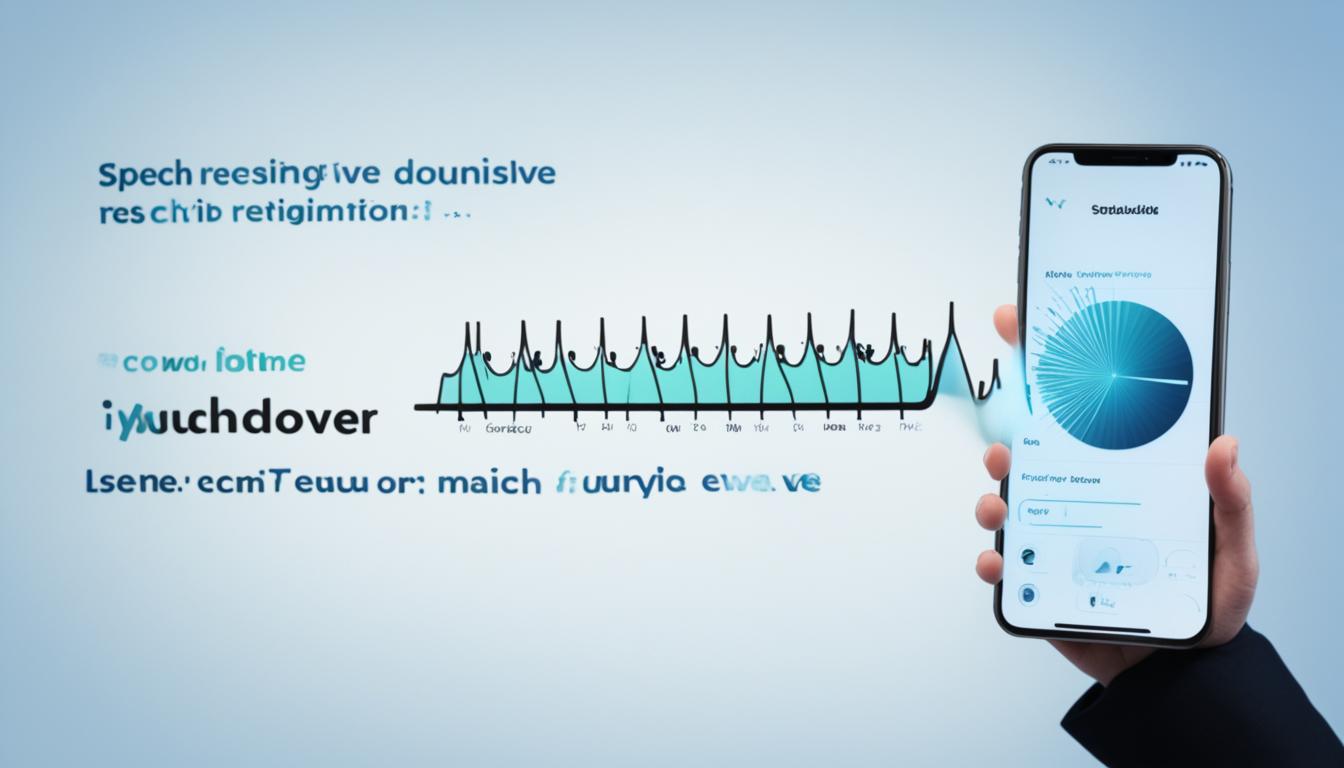As we explore the complexities of VA Disability Hearing Loss, it’s difficult not to be intrigued by the intricate web of factors impacting veterans facing this challenge. From understanding the nuances of disabilities associated with military service to navigating the intricate eligibility requirements for benefits, each aspect is a crucial part of the bigger picture.
By uncovering the layers of criteria, treatment options, and available resources, we shed light on a path that many veterans have yet to fully explore. Stay tuned to uncover the crucial insights that could make a significant difference in the lives of those affected by hearing loss.
Key Takeaways
- Comprehensive medical evidence is crucial for VA disability hearing loss claims.
- Collaboration with VA representatives aids in navigating the benefits system effectively.
- Treatment options like hearing aids and cochlear implants can improve quality of life.
- Seeking assistance from firms like Woods and Woods can strengthen disability claims.
Understanding VA Disability Hearing Loss
When assessing VA Disability Hearing Loss, it's crucial to understand the intricacies of how the VA evaluates and provides benefits for this common condition affecting many veterans. Hearing loss can have a significant impact on daily life and overall well-being, making it essential for eligible veterans with service-connected hearing loss to seek the VA disability benefits they deserve.
To begin the application process, veterans need to gather their medical records and provide evidence illustrating how their hearing loss affects their quality of life. VA representatives play a vital role in reviewing these applications, scheduling necessary exams like puretone audiometry and speech discrimination tests, and determining appropriate disability ratings based on the severity of the hearing loss.
Collaborating with a qualified VA representative can greatly assist veterans in navigating the complexities of the VA system, ensuring a smoother and more successful application process to maximize their hearing loss benefits.
Criteria for VA Disability Hearing Loss

To accurately assess VA Disability Hearing Loss, understanding the specific criteria used by the VA is essential for determining eligibility and appropriate benefits for veterans with service-connected hearing impairment. When evaluating hearing loss for disability benefits, the VA considers several key factors:
- Hearing loss assessment: The VA assesses hearing loss using pure-tone audiometry, which measures hearing sensitivity across various frequencies, and speech discrimination testing, which evaluates the ability to understand speech in noisy environments.
- Disability ratings: Disability ratings for hearing loss can range from 0% to 100%, with the percentage assigned based on the degree of impairment and its impact on daily life activities.
- Medical evidence: Veterans must provide comprehensive medical evidence, including test results from audiometric evaluations and supporting documentation, to substantiate their claim for VA disability benefits related to hearing loss. Providing thorough and accurate documentation is crucial in establishing the extent of hearing impairment and its effect on the individual's quality of life.
Navigating VA Disability Claims Process
Navigating the VA Disability Claims Process can be complex, but with careful organization and expert assistance, veterans can effectively pursue the benefits they deserve. When preparing your VA disability claim for hearing loss disability, it's crucial to ensure all details clearly connect your condition to relevant military service events. Thoroughly reviewing and organizing your medical history along with supporting documents will strengthen your case.
Consider seeking help from experienced firms like Woods and Woods to guide you through the VA disability claims process. They offer a no win, no fee policy, providing risk-free assistance to veterans. Take advantage of free consultations with professional firms to discuss your VA disability case and explore the best options for your situation.
| Benefits of Experienced Firms | |
|---|---|
| No Win, No Fee Policy | Risk-free assistance |
| Free Consultations | Discuss and explore your options |
Treatment Options for Hearing Loss

Having meticulously prepared your VA disability claim for hearing loss, it's imperative to explore the diverse treatment options available to address this condition effectively.
Here are three key treatment options for hearing loss:
- Blockage Removal: Sometimes, hearing loss can be as simple as a blockage caused by wax or foreign objects obstructing sound transmission. Removing these blockages can lead to an immediate improvement in hearing.
- Corticosteroids: These medications are used to reduce inflammation in the hearing organs, aiding in the improvement of hearing function in cases where inflammation is the underlying cause of the loss.
- Hearing Aids and Cochlear Implants: Hearing aids are commonly used to amplify sounds and improve communication for individuals with hearing loss. For those with profound hearing loss, cochlear implants are recommended to mimic the inner ear's functionality, significantly enhancing hearing capabilities and improving overall communication.
Exploring these treatment options tailored to your specific needs can lead to significant improvements in managing your hearing loss and enhancing your quality of life.
Resources for Veterans With Hearing Loss
Veterans experiencing hearing loss can benefit significantly from the support and resources provided by organizations such as the Hearing Loss Association of America and Disabled American Veterans. These non-profit organizations offer valuable assistance to Veterans with hearing loss, helping them navigate VA benefits as a service-connected disability.
Through the VA, Veterans can access comprehensive audiology services tailored to their specific hearing needs. Additionally, connecting with support groups and fellow Veterans can provide coping strategies for dealing with the challenges of hearing loss. These resources play a crucial role in improving the quality of life for Veterans struggling with hearing impairments.
Frequently Asked Questions
Is It Hard to Get VA Disability for Hearing Loss?
Getting VA disability for hearing loss can be challenging due to the requirements for compensation eligibility. The severity of hearing loss and its connection to military service must be proven.
However, filing a claim with the necessary documentation and following the hearing loss tests can improve your chances. It's essential to navigate the process with determination and seek support if needed to potentially receive benefits for your service-related condition.
What Is the Average VA Disability Rating for Hearing Loss?
We understand that the average VA disability rating for hearing loss typically ranges from 0% to 100%, depending on the severity of the condition. This rating is determined based on audiometric testing, speech discrimination, and how the hearing loss affects daily life.
A 0% rating indicates minimal hearing loss, while higher ratings reflect more severe impairment. Veterans may also receive compensation for related conditions like tinnitus that often accompany hearing loss.
What Is the C&P Exam for Hearing Loss?
When we get a C&P exam for hearing loss, it's like a detailed map showing the landscape of our auditory health. During this exam, professionals run tests to gauge the severity of our hearing loss, how it affects our daily life, and its ties to military service.
These assessments are crucial in determining the disability rating and compensation we may receive through the VA. It's a pivotal step in securing the support we deserve.
What Conditions Are Secondary to Tinnitus VA Disability?
We understand the importance of identifying secondary conditions to tinnitus VA disability claims. Conditions like anxiety, depression, PTSD, hearing loss, hyperacusis, and sleep disturbances can be linked to tinnitus.
Recognizing these interconnected health issues is crucial for comprehensive VA disability claims. By acknowledging the impact of tinnitus on mental health and auditory well-being, we can provide better support and care for veterans seeking assistance for their service-related conditions.
Conclusion
In conclusion, understanding the complexities of VA Disability Hearing Loss is crucial for veterans seeking support.
Did you know that approximately 60% of veterans returning from combat zones experience hearing loss or tinnitus?
By navigating the VA disability claims process, exploring treatment options, and utilizing available resources, veterans can improve their quality of life and access the benefits they deserve.
Remember, early intervention is key in managing hearing loss and its impact on daily life.











